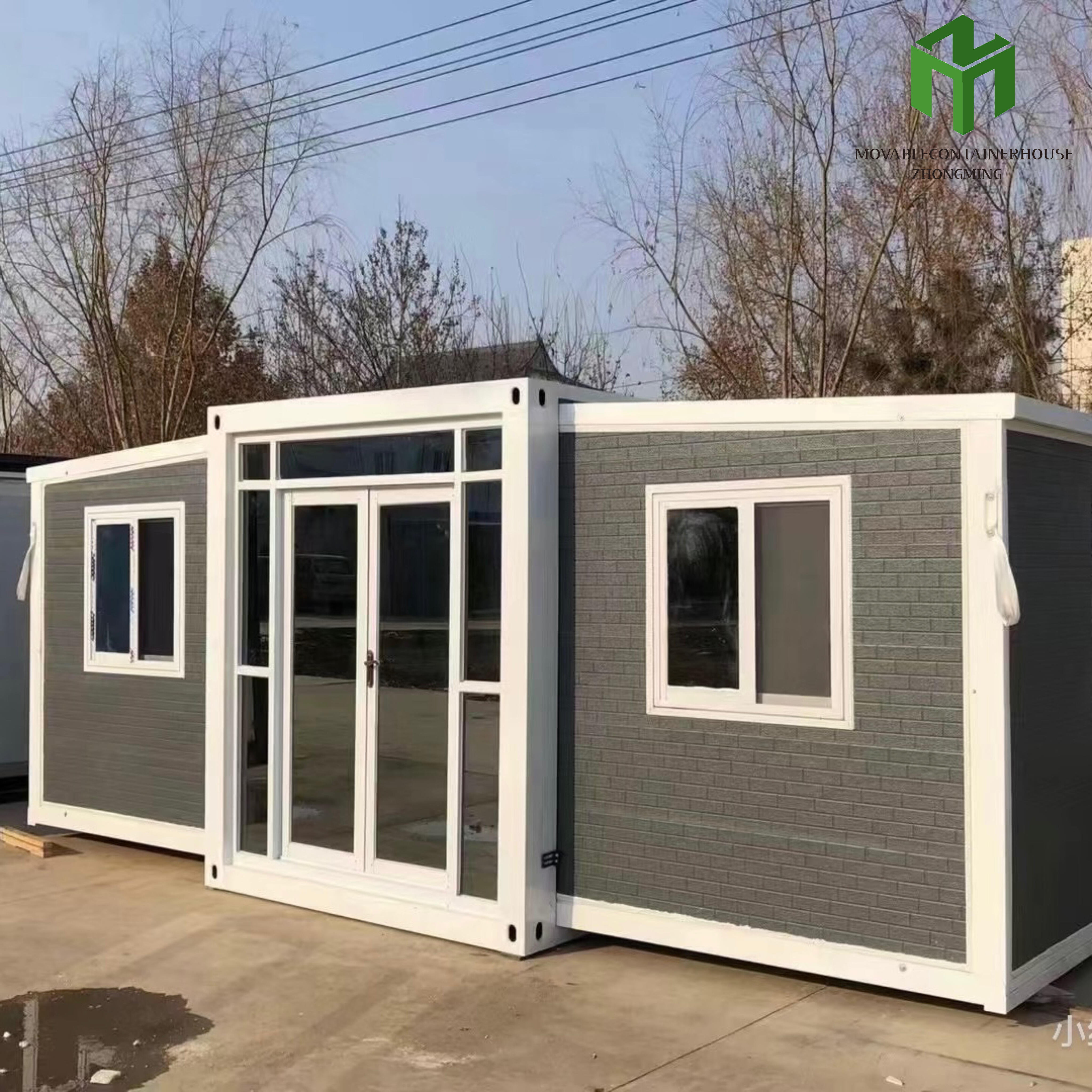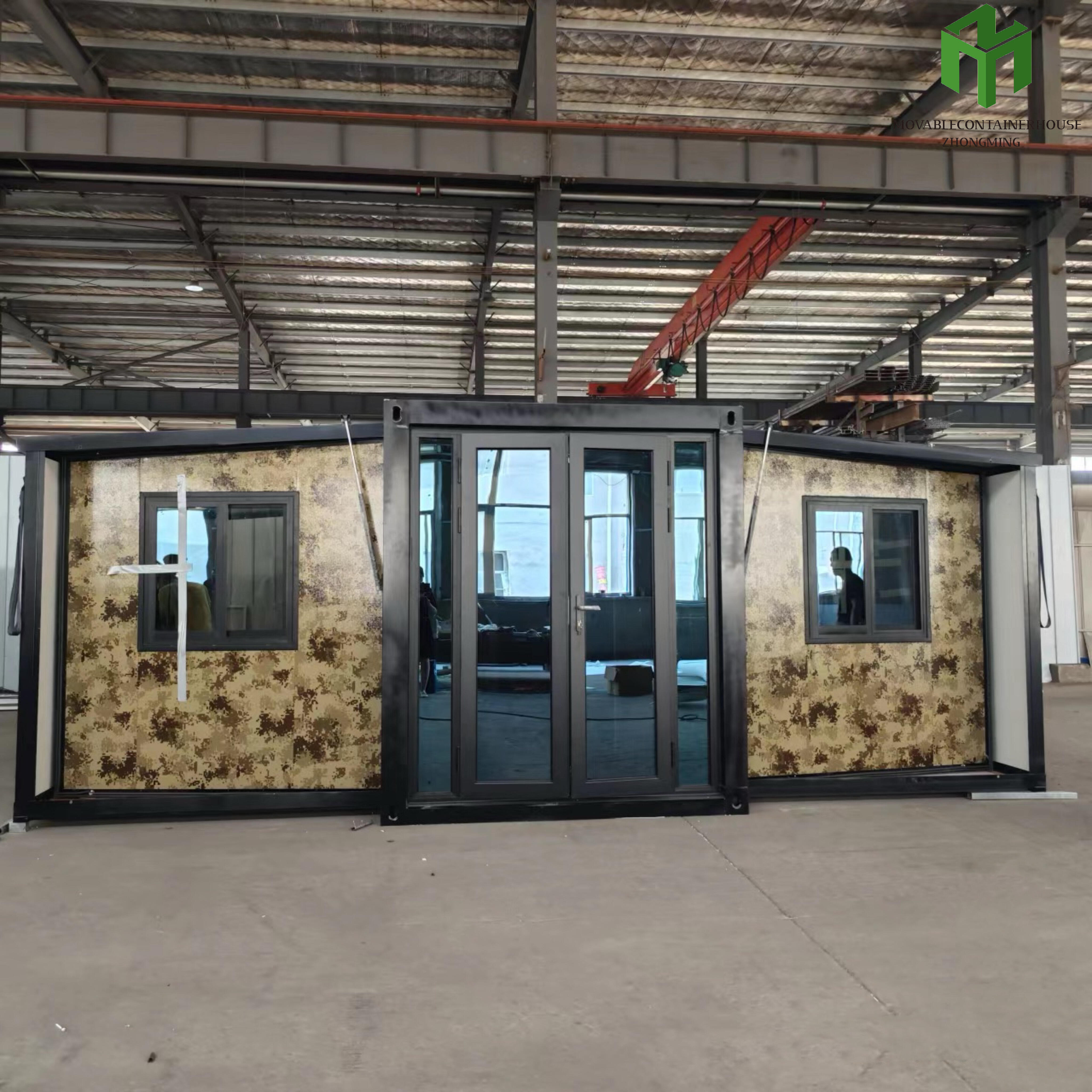The Rise of Modern Mobile Living Solutions
The landscape of remote living is undergoing a dramatic transformation, with expandable container houses emerging as a revolutionary housing solution. These innovative dwellings represent the perfect fusion of mobility, sustainability, and comfort, offering individuals the freedom to establish their homes in even the most secluded locations. As urban areas become increasingly crowded and expensive, more people are turning to these versatile structures as their pathway to an independent, minimalist lifestyle.
Expandable container houses have redefined the possibilities of mobile living, combining the durability of shipping containers with ingenious design elements that allow for spatial expansion. These structures can transform from compact transportation mode to spacious living quarters in a matter of hours, making them ideal for those seeking flexibility in remote locations.
Design and Engineering Excellence
Innovative Expansion Mechanisms
The engineering behind expandable container houses showcases remarkable ingenuity. These structures utilize sophisticated folding mechanisms and hydraulic systems that allow walls to extend outward, effectively doubling or even tripling the available living space. The transformation process is seamless and can typically be completed by a small team, making these homes practical for remote installation.
Advanced materials and precise engineering ensure that the expansion joints remain weatherproof and secure, while maintaining the structural integrity of the original container. This careful attention to design enables these homes to withstand various climate conditions while providing comfortable living spaces.
Space Optimization and Interior Layout
The interior design of expandable container houses maximizes every square inch of available space. When expanded, these homes reveal thoughtfully planned living areas that can include full-sized kitchens, bathrooms, bedrooms, and multi-purpose spaces. Innovative storage solutions and multi-functional furniture further enhance the practical use of space.
Modern designs incorporate large windows and sliding glass doors that not only flood the interior with natural light but also create a seamless connection with the surrounding environment. This approach to design helps combat any sense of confinement and creates an open, airy atmosphere.
Sustainability and Environmental Benefits
Eco-friendly Construction
Expandable container houses represent a significant step toward sustainable living. By repurposing shipping containers, these homes give new life to existing materials, reducing the demand for traditional construction resources. The manufacturing process requires less energy compared to conventional home construction, and the materials used are often recyclable or sustainably sourced.
These structures can be equipped with solar panels, rainwater collection systems, and other eco-friendly features, making them ideal for off-grid living. The compact design naturally requires less energy for heating and cooling, further reducing their environmental impact.
Minimal Site Impact
One of the most compelling environmental advantages of expandable container houses is their minimal impact on the installation site. These homes require limited foundation work and can often be placed with minimal disruption to the natural landscape. This makes them particularly suitable for environmentally sensitive areas where traditional construction might be problematic.
The ability to relocate these structures also means that they leave little to no permanent impact on the environment when moved, allowing natural habitats to recover quickly.

Practical Advantages for Remote Living
Mobility and Flexibility
The portable nature of expandable container houses offers unprecedented flexibility for remote living. These structures can be transported to virtually any location accessible by road, making them perfect for those who wish to live in remote areas or frequently change locations. The ability to collapse the structure for transport and expand it at the new site provides a level of mobility that traditional homes cannot match.
This flexibility extends to the possibility of adding additional units or reconfiguring existing spaces as needs change, making these homes adaptable to growing families or changing lifestyle requirements.
Cost-Effective Housing Solution
From a financial perspective, expandable container houses present an attractive alternative to traditional construction. The initial investment is often significantly lower than building a conventional home, and the prefabricated nature of these structures helps control costs through standardized manufacturing processes.
Maintenance costs are typically lower due to the durability of the materials used, and the energy-efficient design can lead to substantial savings in utility bills. The potential for off-grid capabilities further reduces ongoing living expenses.
Frequently Asked Questions
How long do expandable container houses typically last?
With proper maintenance and care, expandable container houses can last 25 years or more. The shipping containers used as the base structure are designed to withstand extreme conditions, and when properly treated and maintained, they provide excellent durability. Regular maintenance of expansion mechanisms and weather sealing is essential for longevity.
Can expandable container houses withstand extreme weather conditions?
These structures are engineered to handle various weather conditions, including strong winds, heavy snow loads, and extreme temperatures. The steel construction provides excellent structural integrity, while proper insulation and weatherproofing ensure comfort in both hot and cold climates. However, it's important to consider local climate conditions when selecting specific models and features.
What permits are required for setting up an expandable container house?
Permit requirements vary by location and jurisdiction. While some areas treat these structures as mobile homes, others may require building permits similar to traditional construction. It's essential to research local zoning laws, building codes, and permit requirements before purchasing or installing an expandable container house. Working with local authorities and experienced contractors can help navigate these requirements effectively.


